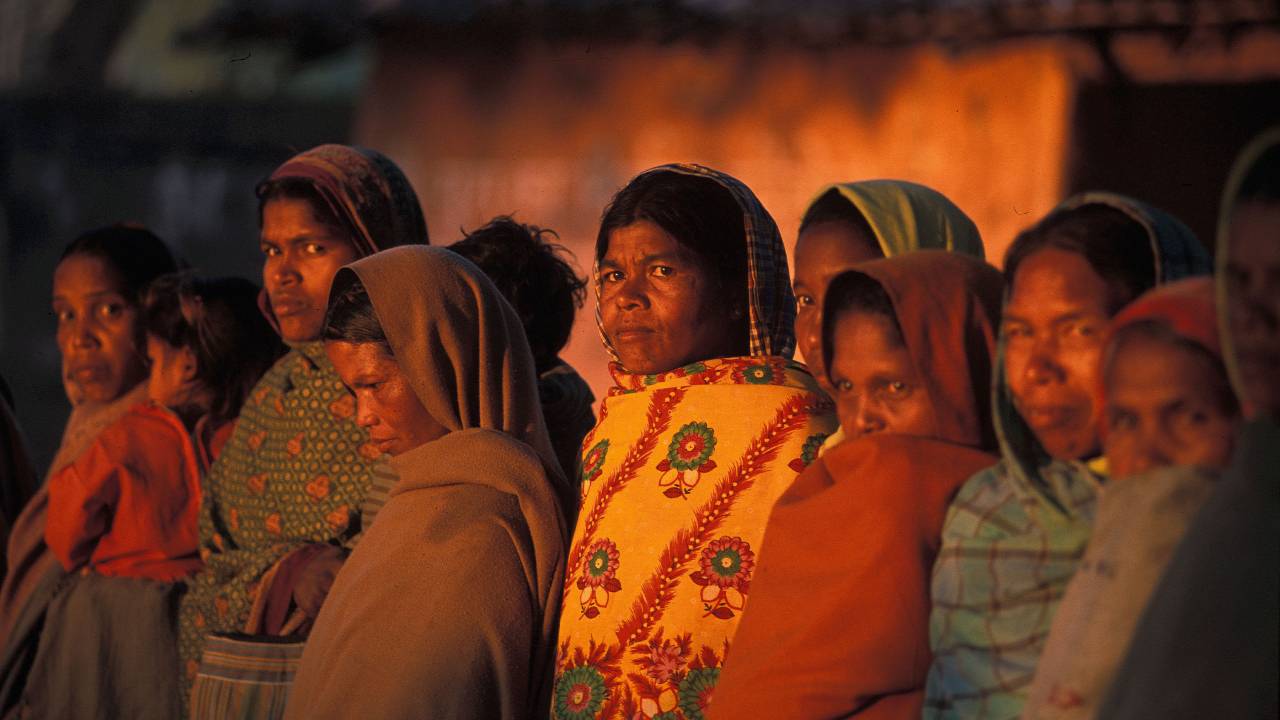The United Nations Convention on the Elimination of All Forms of Discrimination against Women (CEDAW) and the National Commission for Human Rights (NHRC) have concluded that women’s rights in India are limited in all spheres of life, including social, economic and political.
CEDAW, adopted by the UN General Assembly on December 18, 1979, provides a model for all member states to eliminate all forms of discrimination against women. India ratified CEDAW in 1993.
The NHRC examines the status of CEDAW implementation in India and the gaps between its articles and Indian provisions that guarantee the protection of women’s rights. It reviewed 33 articles of the constitution, 54 laws, 63 policies, reports, schemes, programmes, notices, memoranda of understanding, rules and regulations, etc.
The NHRC has identified significant gaps in achieving equality and non-discrimination towards women, their under-representation in key areas of legislation, low employment opportunities and education and unfavourable legislation.
Regarding women’s participation in important positions, the study noted that “despite the reservation for women as independent directors under the Companies Act 2013, there are only a few women in leadership positions, especially at the board and executive level. Many positions are vacant.”
Women constitute 48.5 percent of India’s population and only 27.4 percent are active. Similarly, women have only 10.33 percent of seats in Lok Sabha and 8.8 percent in Rajya Sabha. In 2021, 8.5 percent of legislators in the state legislature were women.
“The data show that women continue to be under-represented in key areas of legislation,” the study said.
Very few women get the opportunity to represent the country at the international level or to work in international organisations. “The number of women representing the state at the international level, including representatives, positions, functions, committees, commissions, multilateral bodies, is also very low.”
The survey noted that there was only one female member of the CEDAW committee in India for 30 years.
The NHRC has observed that various practices and practices that perpetuate discrimination against women in India fall outside the legal framework. He said there was no scientific reason for the age of marriage to be 18 for women and 21 for men. NHRC has recommended a uniform age for both, a bill was introduced in a standing parliamentary committee to fix the same age of marriage for men and women at 21.


























